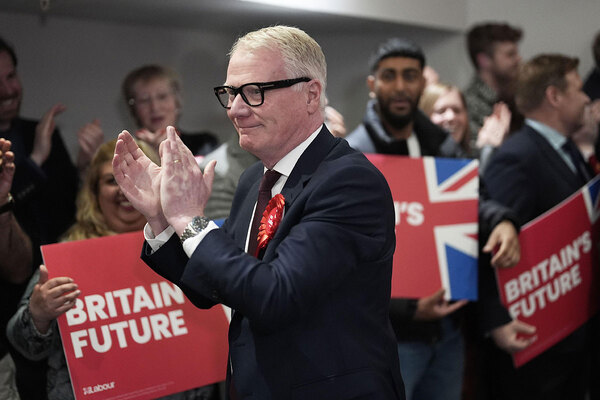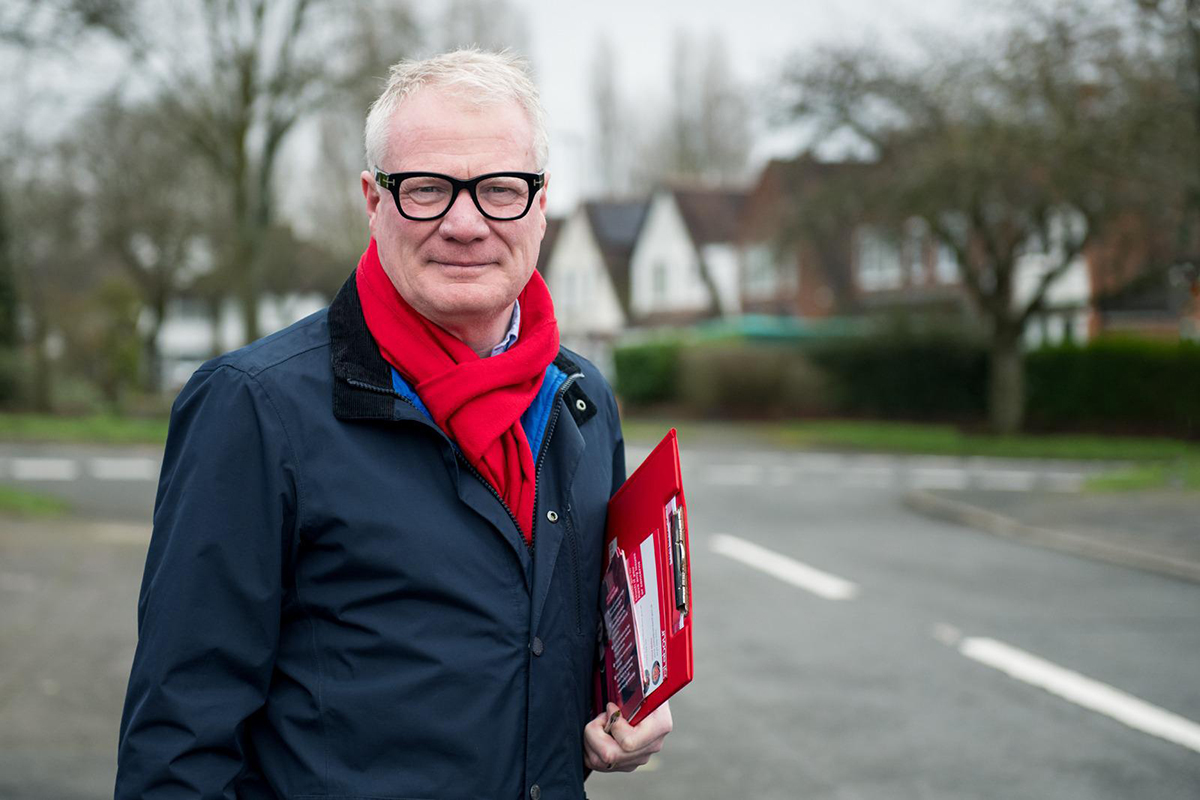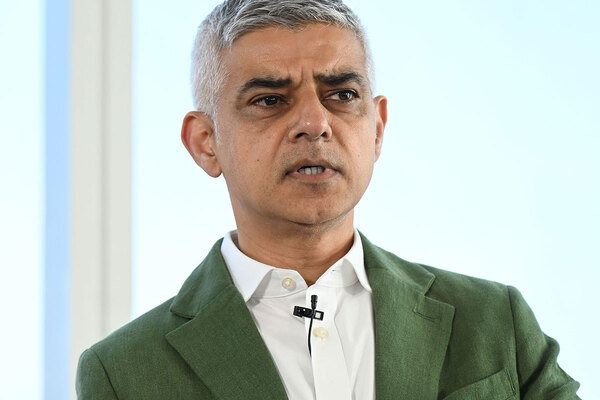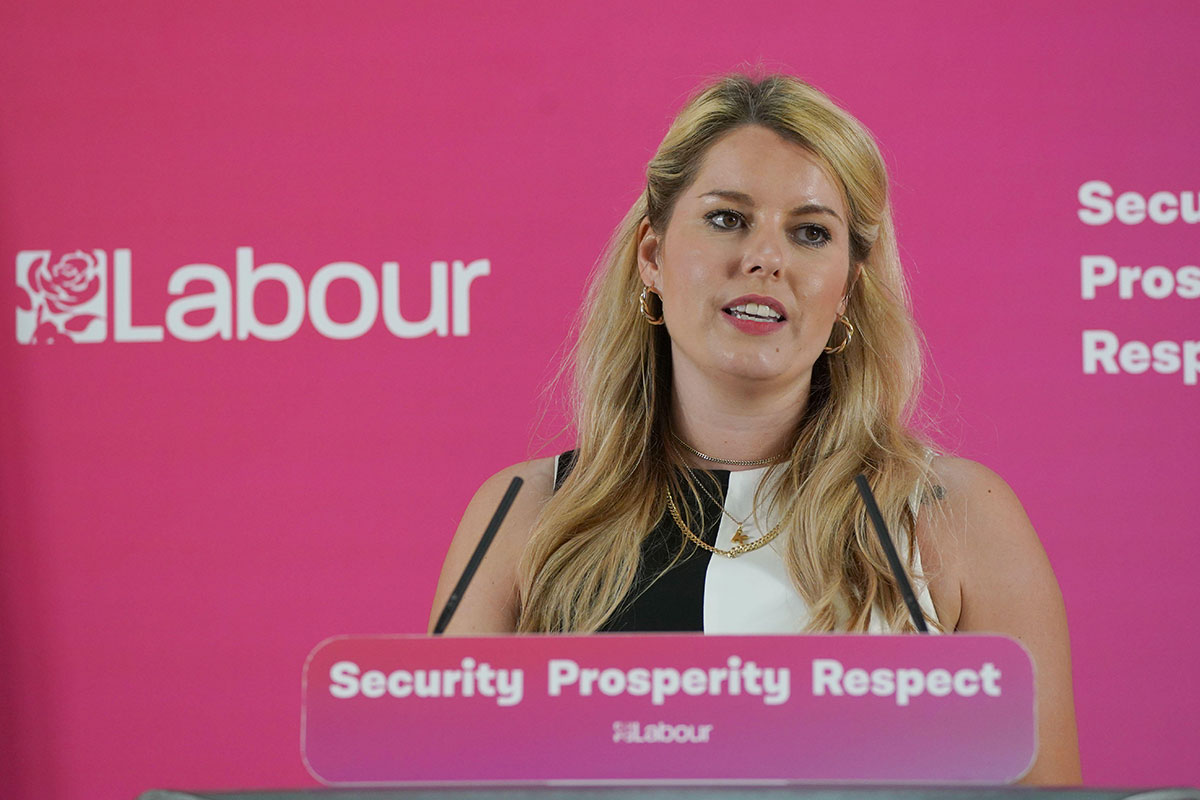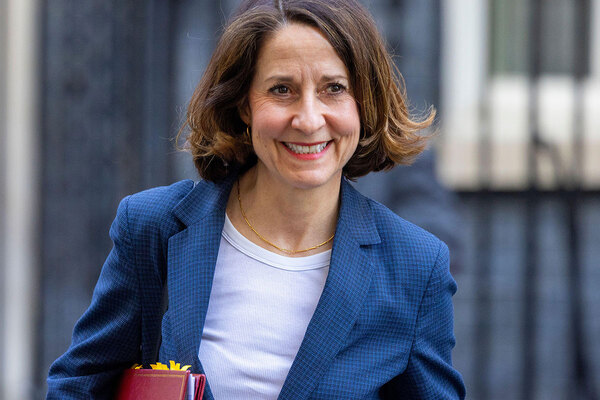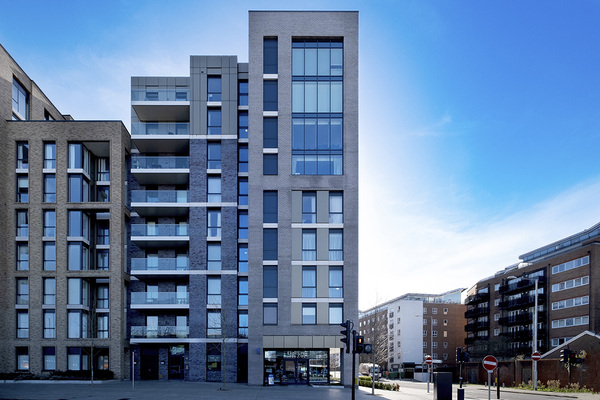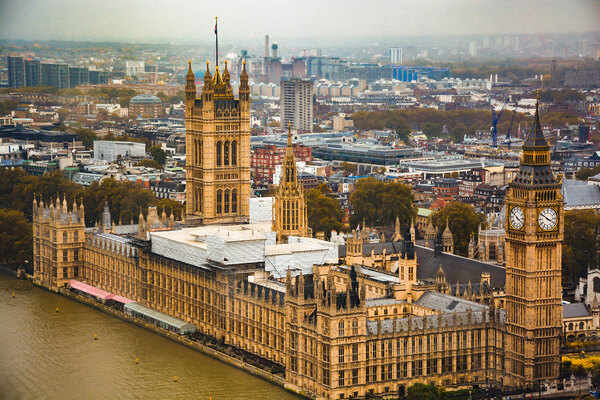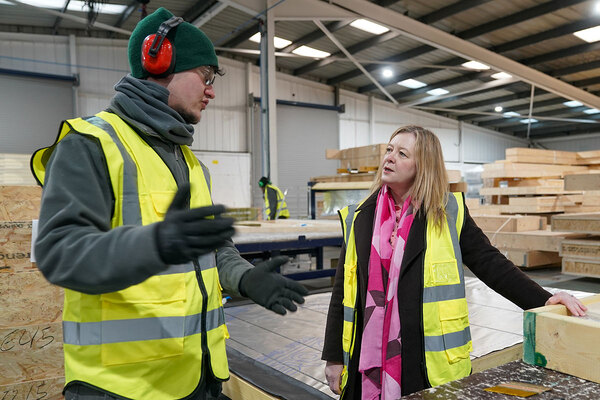Who are the new metro mayors and what do they plan for housing?
The recent elections saw a team of largely Labour mayors sweep to power in cities across England. Inside Housing reached out to the winners to find out more about their plans for social housing. Illustration by Nate Kitch/Alamy
Across England earlier this month, voters elected 10 metro mayors alongside thousands of local councillors and the London Assembly. Labour almost secured a ‘clean sweep’ of metro mayor elections, missing out only in Tees Valley, but winning the other nine contests.
Inside Housing has been keeping a close eye on the plans of metro mayors, as some are seeking the kind of devolution deal that will allow them access to the government’s Affordable Homes Programme money.
There are also calls for brownfield and net zero funding pots to be devolved, and most mayors have set out targets for the delivery of social and affordable housing.
So who are the mayors and what are their plans for housing?
First the incumbents: all six of Labour’s existing mayors in Greater Manchester, the Liverpool City Region, West Yorkshire, South Yorkshire, Greater London and Salford were conformably re-elected.
Sadiq Khan won a landmark third successive term as mayor of London. Mr Khan, who was first elected in May 2016, beat his Conservative rival Susan Hall by more than 276,000 votes – representing a swing of 3.2% to Labour.
He had set out his stall early in the race, promising to build 40,000 council homes in London by 2030 if he was re-elected as mayor.
This target is double the number Mr Khan set himself between 2018 and 2024, which was achieved last year, when work started on 23,000 homes.
On top of that, he has pledged to deliver 6,000 new rental homes in which rents are capped based on local salaries.
Since his re-election, he has called for £2.2bn in urgent investment in new social and genuinely affordable homes, which is backed by private, public and non-profit house builders across the capital.
Following his re-election, Greater Manchester’s mayor Andy Burnham intends to build 10,000 council houses, and called for a suspension of the Right to Buy on new properties.
He said: “In the face of a desperate housing crisis, the existence of the Right to Buy means we are in effect trying to refill a bath without being allowed to put the plug back in.”
Across Greater Manchester, 500 social homes were lost over the past year under the Right to Buy.
Mr Burnham won the second-largest vote share (63.4%) of re-elected mayors behind Liverpool mayor Steve Rotheram (68%). He said that during his new term, he would bring in a “good landlord charter” and give renters the right to request a property check to raise standards.
He pledged to take tougher enforcement against landlords that rent out unfit and unsafe homes, including making “much greater use” of compulsory purchase powers.
Mr Rotheram’s manifesto calls for full devolution of the Affordable Homes Programme and the Brownfield, Infrastructure and Land Fund.
This includes net zero and retrofit schemes, and for the control of all housing funding and powers currently controlled by Homes England.
He also pledged to utilise the city’s Spatial Development Strategy to support local authorities in identifying sites for development, applying for funding and delivering a major programme of council homes.
Mr Rotheram plans to lobby the government to fix the legislative issues that make council housebuilding too difficult or complex for local authorities – alongside examining the potential to establish a Housing Revenue Account or an ALMO to deliver council housing for the city region.
63.4%
Greater Manchester mayor Andy Burnham’s vote share
3.2%
Vote swing in favour of Sadiq Khan in London
He did tell Inside Housing back in March that he would like to see a “big chunk” of the Labour Party’s pledge to complete 1.5 million homes to be delivered in the area, if the party wins the next election.
Tracy Brabin secured a healthy 50.4% of the vote in West Yorkshire, and her manifesto promised to deliver 5,000 affordable homes to the region, and a plan to insulate all social homes.
This will be delivered alongside councils in the region as part of the West Yorkshire Housing Strategy.
She also plans a brownfield-first approach and, in a similar vein to Mr Burnham, intends to introduce a good landlord charter. Her manifesto promises to develop a charter to “end the scourge of damp and mould”, together with the West Yorkshire Housing Partnership.
Paul Dennett, who won a third term in Salford, told Inside Housing that his housing strategy is guided by three priorities:
1. Increasing the number of new and affordable homes
2. Maintaining and improving existing homes
3. Supporting residents through appropriate housing and support
In 2017, Salford City Council established Dérive, a wholly council-owned development company, with the explicit purpose of meeting the housing needs of the city by increasing the number of high-quality, affordable, sustainable homes.
Mr Dennett said: “To date, we have delivered 200 affordable homes through Dérive, with 600 more planned over the next four-year term. As mentioned in our manifesto, we plan to work with housing associations across the city in the hope that they match this figure.
“The biggest change we need from Westminster is more funding. We were able to begin building council houses when so many authorities are not through a cross-subsidy model, where houses sold under the Dérive Living arm help pay for the social homes built.
“But to deliver social housing on the scale required, we need serious funding on a scale only central government can provide.”
The Salford mayor called for the Right to Buy to be “urgently scrapped”. He added: “[It] is decimating social housing stock, and as such is a huge contributor to all councils’ temporary accommodation bills.
Similarly, abolishing Section 21 evictions needs to happen alongside this, as this is one of the biggest contributors to homelessness in this country.”
Oliver Coppard was also re-elected in South Yorkshire. He was another who called for housing budgets to be devolved to his mayoral combined authority, to match the opportunity London has for development.
His manifesto pledges to “promote opportunities for co-operative and community-led housing projects”, and described housing as a human right that should be tackled as part of a Housing First approach.
How about the new mayors?
Labour’s Richard Parker seized the West Midlands mayoralty by a tiny margin of 0.3% from Conservative Andy Street after a recount.
Mr Parker promised to build 2,000 social rent homes a year by 2028, which he said would add up to 20,000 in total by the end of the decade.
Crucially for Mr Parker, he will have newly devolved affordable homes powers to help accomplish this. Central government has given the region a £400m transitional affordable homes settlement until 2026, after which the metro mayor will have full control over the affordable homes programme for the area.
“I plan to use those powers and those resources to have the biggest social housing development programme we’ve seen for 40 years in the West Midlands,” added Mr Parker, whose plans you can read more about on page 68.
Housing associations in the West Midlands immediately signalled their readiness to work with the new mayor to deliver his social housebuilding plans.
John Wade, director of strategy at Bromford, said: “As one of the leading developers of homes for social rent over the past few years, we support Richard Parker’s plan to see 2,000 new social rent homes being built every year by 2028 and look forward to playing our part in helping deliver them.”
A spokesperson for Midland Heart said: “We have obviously watched the campaign for West Midlands mayor very closely and were delighted to see how central social housing was to the debate. We welcome Richard’s focus on social rent and his ambition to deliver a step change in the development of new, truly affordable homes.”
Labour also triumphed in the three new mayoralties: in the North East with Kim McGuinness, the East Midlands with Claire Ward, and York and North Yorkshire with David Skaith.
Ms McGuinness told Inside Housing: “My policy is simple – everyone in our North East deserves a good home. I grew up in a council house, I know how transformative social housing can be. There are 66,000 people on the housing waiting list in the North East. I’m committed to building thousands of social homes, with a region-wide plan that makes sure those that live there can access services, transport and jobs.
“We’ll set the standard for a good home for renters, because for too many people, home just isn’t the sanctuary it should be. I’ll push the government for more powers to seize properties from private landlords who force people to live in poor conditions or leave properties empty to blight communities.
“As well as building, we’ll retrofit thousands of homes to make them cheaper and warmer to live in, decarbonising our region and creating green jobs in new construction methods, too.”
Mr Skaith, who won the new mayoralty with 35.1% of the vote, said: “An affordable home is the foundation of a good life. Everybody in York and North Yorkshire deserves a home that they can afford. That’s why I’ve made affordable housing a priority.
“The combined authority has already started on this, with £12.7m being invested in brownfield sites to build more homes. But this is just the start.
“We need to go much further. Working with providers, government and local authorities, I will be developing a housing plan for the region. I want to help build York and North Yorkshire’s communities and put people first.”
Ms Ward did not respond to a request for comment and Inside Housing could not find a manifesto online to suggest what her housing priorities might look like.
Of the two Conservative incumbents, only Ben Houchen was able to retain his mayoralty, gaining 54% of the vote. This was a sharp drop on the 73% of first preference votes he won in 2021, but still comfortably enough to defeat his Labour rival.
Mr Houchen declined to comment and there is little mention of housing on his website, apart from him describing it as a highlight to “stop the planned 350-home development” right outside the Tees International Airport terminal.
He did tell a fringe event at the Conservative Party Conference in 2018 that “you don’t need Homes England” amid a claim that there are “bureaucrats” in the agency who “have never even been to the North of England”.
Regardless, metro mayors offer another way for the sector to engage and shape devolution deals and affordable housing targets.
For Labour, reports suggest that before the next general election, the Labour Party could agree “detailed delivery plans” with its metro mayors for what will be done in their regions to fix the housing crisis within the first term of a Labour government.
Sign up to our Best of In-Depth newsletter
We have recently relaunched our weekly Long Read newsletter as Best of In-Depth. The idea is to bring you a shorter selection of the very best analysis and comment we are publishing each week.
Already have an account? Click here to manage your newsletters.

